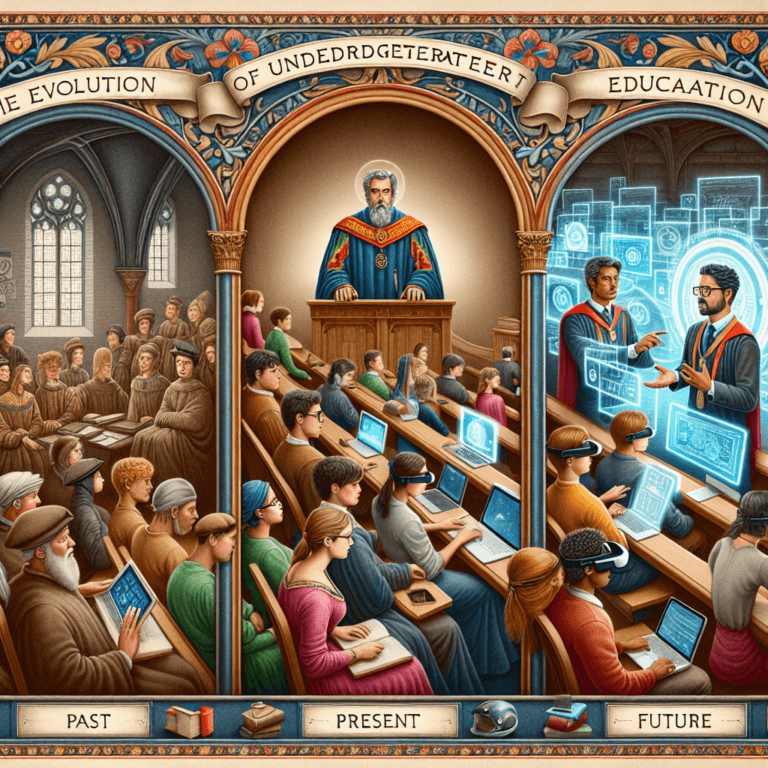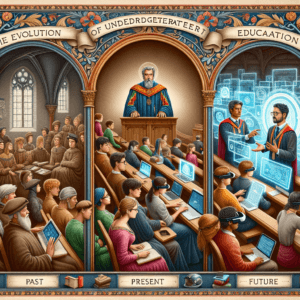The landscape of undergraduate education has undergone significant changes over the years, reflecting the shifting priorities and demands of society. From its humble origins in the early days of higher education to the present-day emphasis on practical skills and career readiness, the evolution of undergraduate education has been a reflection of the times.
In the past, undergraduate education was primarily focused on the liberal arts and classical subjects, with a strong emphasis on abstract thinking and critical analysis. Students were expected to master a broad range of subjects and develop a well-rounded education that would prepare them for a life of intellectual inquiry and cultural enrichment. This traditional model of education was seen as a mark of distinction and elite status, with only a privileged few having access to such high-level learning.
As society began to industrialize and technology advanced, the needs of the workforce evolved, leading to a shift in the focus of undergraduate education. Practical skills and specialized knowledge became increasingly important, as employers sought workers who could contribute immediately upon graduation. In response, universities began to offer more specialized programs and vocational training, designed to prepare students for specific careers and industries. This shift towards a more career-oriented approach to education has continued to the present day, with a growing emphasis on internships, co-op programs, and experiential learning opportunities.
Looking towards the future, the evolution of undergraduate education is likely to continue along the path of increased specialization and practical skills training. As the pace of technological change accelerates and the global economy becomes increasingly competitive, the ability to adapt and learn new skills will be critical for success in the workforce. Universities will need to adapt their curricula and teaching methods to meet the demands of a rapidly changing world, leveraging technology to deliver high-quality education to a diverse and global student body.
In conclusion, the evolution of undergraduate education has been a reflection of the changing needs and priorities of society. From its origins in the liberal arts to the present-day focus on practical skills and career readiness, the future of undergraduate education is likely to continue along the path of specialization and practicality. By staying attuned to the needs of students and the demands of the workforce, universities can ensure that their graduates are well-prepared for the challenges and opportunities of the future.







